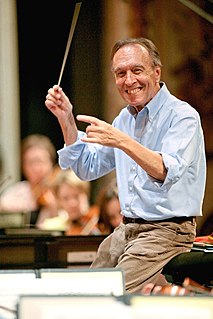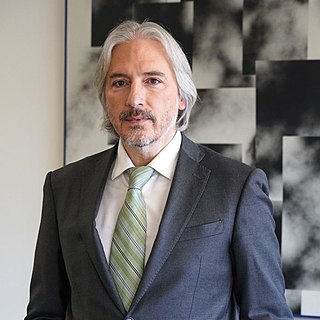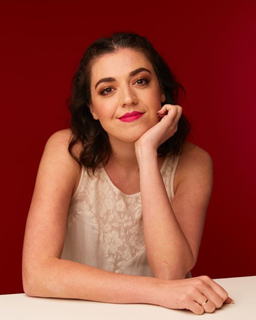A Quote by Pope Francis
The great challenge facing us today is to learn once again how to talk to one another, not simply how to generate and consume information.
Related Quotes
The great challenge facing us today is to learn once again how to talk to one another, not simply how to generate and consume information. The latter is a tendency which our important and influential modern communications media can encourage. Information is important, but it is not enough. All too often things get simplified, different positions and viewpoints are pitted against one another, and people are invited to take sides, rather than to see things as a whole.
If we were given one word of information in our entire history, how we'd treasure it! how we'd pore over ever syllable, divining it's meaning, arguing its importance; how we'd examine it and wring every lesson we could from it. Yet today we have trillions of words, tidal waves of information and the smallest detail of every action our government and businesses take is easily available to us at the touch of a button. And yet...we ignore it, and learn nothing from it. One day we'll die of voluntary ignorance
By instructing students how to learn, unlearn and relearn, a powerful new dimension can be added to education. Psychologist Herbert Gerjuoy of the Human Resources Research Organization phrases it simply: 'The new education must teach the individual how to classify and reclassify information, how to evaluate its veracity, how to change categories when necessary, how to move from the concrete to the abstract and back, how to look at problems from a new direction — how to teach himself. Tomorrow's illiterate will not be the man who can't read; he will be the man who has not learned how to learn.'
At Facebook, we're inspired by technologies that have revolutionized how people spread and consume information. We often talk about inventions like the printing press and the television - by simply making communication more efficient, they led to a complete transformation of many important parts of society. They gave more people a voice. They encouraged progress. They changed the way society was organized. They brought us closer together.
Sticking with uncertainty is how we learn to relax in the midst of chaos, how we learn to be cool when the ground beneath us suddenly disappears. We can bring ourselves back to the spiritual path countless times every day simply by exercising our willingness to rest in the uncertainty of the present moment—over and over again.
Success is a learnable skill. You can learn to succeed at anything. If you want to be a great golfer, you can learn how to do it. If you want to be a great piano player, you can learn how to do it. If you want to be truly happy, you can learn how to do it. If you want to be rich, you can learn how to do it. It doesn't matter where you are right now. It doesn't matter where you're starting from. What matters is that you are willing to learn.
Even my colleagues don't read classic criticism. And my feeling is that if you don't do that then you're not really practicing your craft. That's how you learn how to do it. You don't learn how to write about jazz just from listening to jazz. You learn how to write by reading the great writers and how they worked, the great music critics.


































